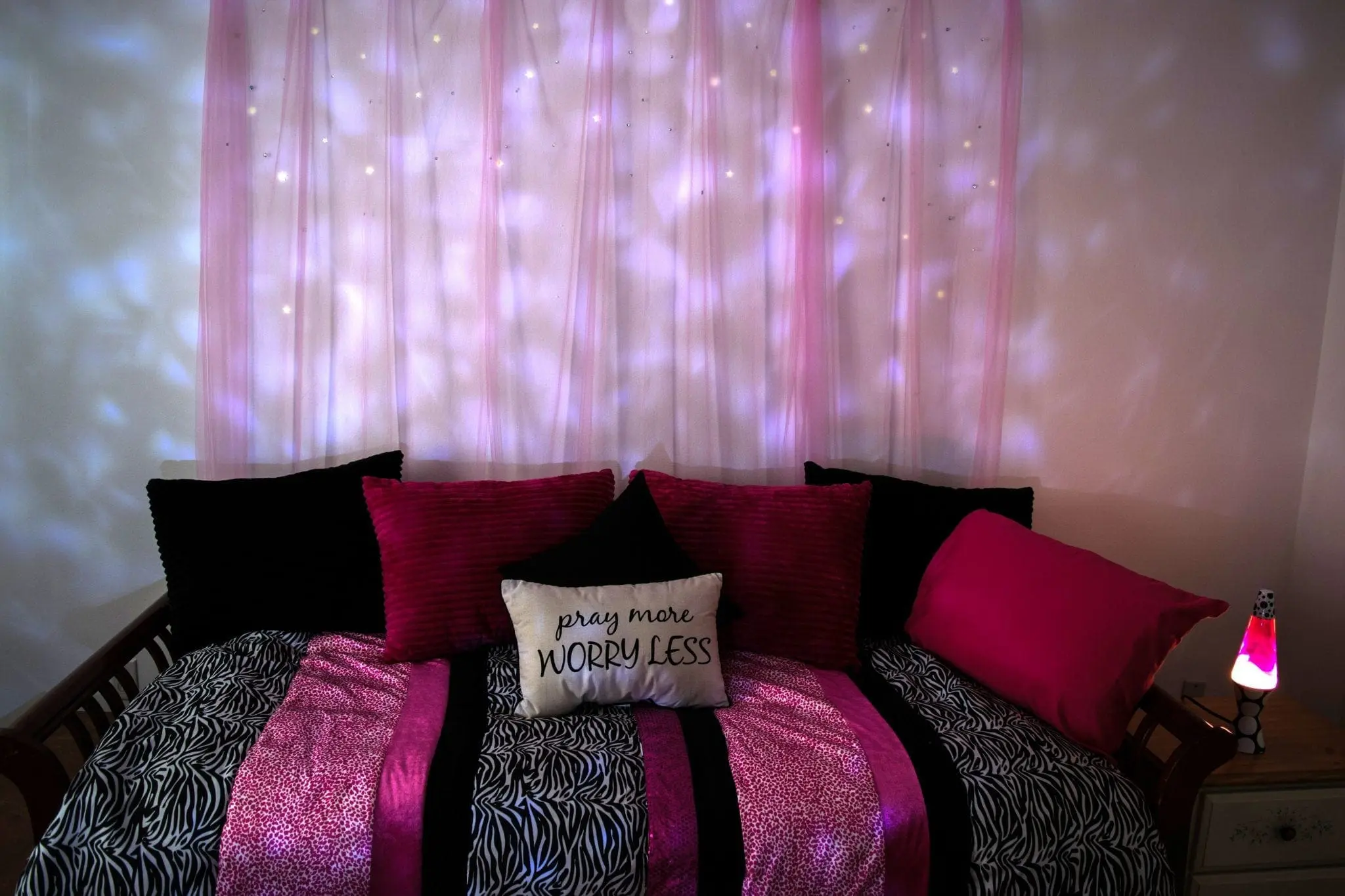Aromatherapy could be just the solution you’ve been searching for to reduce stress, relax muscles and ensure restful nights’ rest. Essential oils can be used directly or diffused into the air to achieve these benefits.
Although there hasn’t been extensive scientific research conducted on aromatherapy, some evidence points to its safe and effective application as an approach for improving health.
1. Boosts your mood
Aromatherapy in your bedroom is an age-old practice that utilizes various scents to lift mood and promote health. Multiple studies have proven essential oils can assist with anxiety, depression and low energy levels.
Finding the appropriate essential oil is key to getting the most out of your experience, such as lavender or chamomile for relieving tension and soothing relaxation.
Eucalyptus can act as an effective mood enhancer, increasing mental energy and alertness levels.
Lemon essential oil can also help ease fatigue and jitters, providing relief and alleviation from pain and tension. Plus, its refreshing citrus fragrance aids concentration and focus.
Aromatherapy is one of the more widely-practiced approaches to using essential oils, but there are other methods available that allow users to reap their benefits. One such strategy is dry evaporation where drops of essential oil are placed onto cotton ball or tissue and allowed to diffuse into the air through natural means.
2. Relaxes your muscles
Are You Searching for an All-Natural Method of Relaxation? Aromatherapy could be the solution. Unlike muscle relaxers that act directly on your nervous system, essential oils provide non-invasive relaxation options and can be applied topically or taken orally to calm and ease tension in muscles and other tissues.
Success lies in selecting the appropriate oil, such as lavender, chamomile, bergamot or pine oil.
Aromatherapy offers numerous techniques that can maximize its effects, such as taking a warm bath infused with your preferred scent to aid with sleep patterns.
Diffuse your favorite essential oil into your bath water or use a diffuser attached to your shower head, and create your own scented linen spray – both are healthy options that will prepare your mind and body for restful nights of restful rest! It is the ideal nighttime ritual that helps set the scene for restful slumber.
3. Decreases stress
If you’re experiencing stress, aromatherapy in your bedroom can help alleviate it. Essential oils like lavender and chamomile have relaxing properties which could help improve sleep at night.
Aromatherapy can do more than help promote better rest; it may also ease any pain or discomfort you are feeling. German Chamomile may provide soothing benefits to those experiencing chronic pain or inflammation and are having difficulty sleeping due to this reason.
Not only can aromatherapy add soothing scents to your bedroom, but there are other methods you can try too such as bath salts or diffusers to disperse essential oils into the air. If unsure which kind of essential oil would best fit, consult a professional.
4. Helps you sleep
Essential oils contain soothing or sedative properties, making them the ideal way to help you unwind before bedtime. Try adding some to your bath water, diffusing them through a diffuser, or applying directly onto your skin for maximum relaxation.
Make a DIY linen spray and spray it on your pillow before bedtime to aid sleep more easily. Lavender, chamomile, rose and ylang-ylang essential oils have proven beneficial in aiding restful restful nights of restful slumber.
Studies on aromatherapy’s impact on sleep are still ongoing, but preliminary indications indicate that it could improve quality of rest and help to alleviate anxiety and stress that often contribute to poor quality slumber. There’s evidence suggesting aromatherapy helps alleviate sleep difficulties as well.
Note that not all essential oils are suitable for everyone; certain ones may cause adverse reactions, so always consult your doctor prior to beginning use of any new oils.




